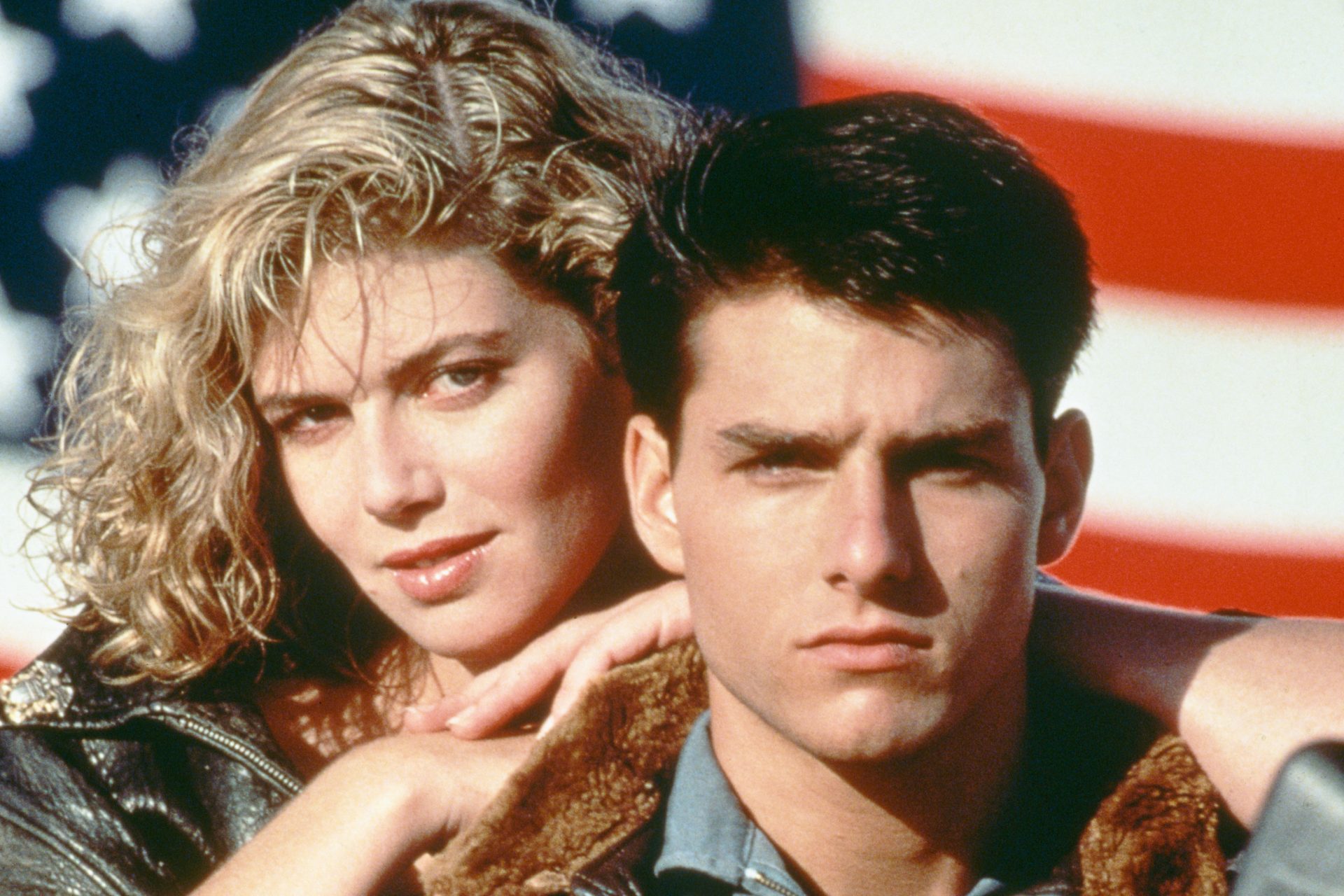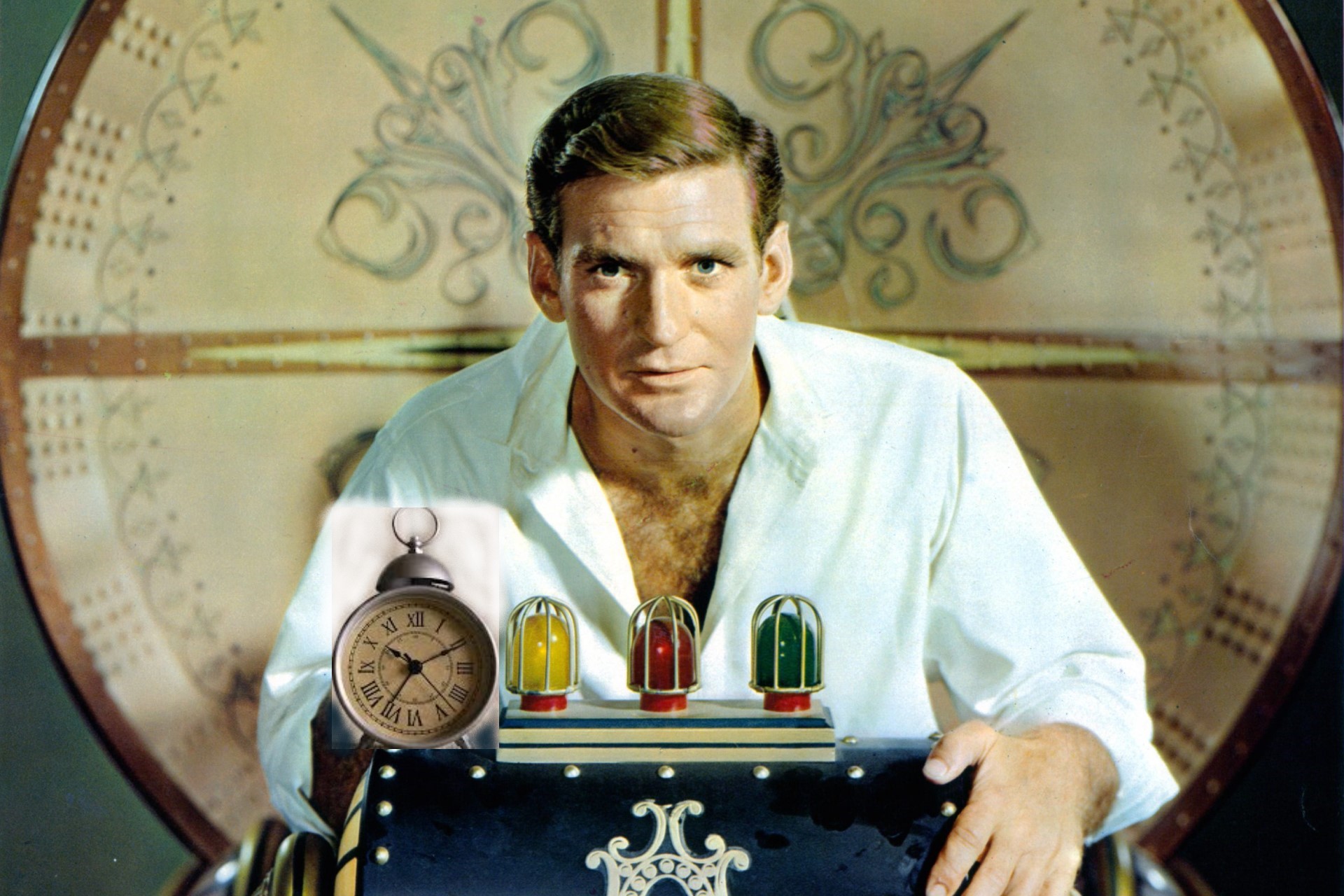Jim Carrey: The sad life behind a comedy genius
The prolific comedic actor told Access Hollywood that he is “fairly serious” about retiring from acting, saying, simply, “I've done enough.” Jim Carrey has become one of the most quoted and highest-paid actors in the world, but his successes have gone hand in hand with a personal life that has not been as jolly as it might seem - and a personal tale that has buried deep, affecting his professional work. This is the sad life of a comedy genius...
Jim Carrey was born in Newmarket, a suburb of Ontario, Canada, into a hard-working, Catholic family. He was the youngest of four siblings from the family of Kathleen Oram, his stay-at-home mother, and Percy Carrey, an accountant, and music-lover father.
The clearest demonstration of his humble origins was that he came to live with the rest of his family in a caravan after his father lost his job. He dropped out of school at the age of 15 to work as a caretaker. "If my art career hadn't taken off, I'd probably be in Hamilton (Ontario) right now working at the Dofasco foundry," he told the Hamilton Spectator in a 2007 interview. At the time, he lived across the street from the city's big foundries and thought that was where "the big jobs" were.
The situation with his mother didn't make his childhood easy either, but it gave him the wings to bring out his comic personality. “I started out performing as a little boy, I was trying to make my mother feel better and laugh because she was sick and in pain all the time. I found out that I had that power to relieve her.”
However, Carrey was encouraged by his first jobs. He worked as a comedian in Canada in a cabaret and at Yuk Yuk's club in Toronto. Then decided to turn his life around and in 1983, at the age of 21, he moved to Los Angeles with the intention of becoming a Hollywood star. A complicated dream that would end up taking over a decade, but that would - in the end - come true...
In an interview with Oprah Winfrey, Carrey confessed that he wrote a fake cheque for $10 million that he always carried in his pocket to escape his tough past, give him hope and motivate him that one day he could cash it, in reality, thanks to his work as an actor. "It made me feel good to visualize the future," he told the presenter.
His early years in the movie business led him to work at The Comedy Store Club and several unsuccessful auditions ('Saturday Night Live', 'The Cab Crazies'). But then he landed his first major acting role in the NBC miniseries 'The Duck Factory' (1984), in which he played Saltan Tarkenton, a young animation producer.
For a while, Jim Carrey continued to play small roles until Hollywood finally gave him his big break. It was in 1994, in one of his most legendary roles, that of Ace Ventura, which, although at the time he was highly criticized for his performance, this criticism was diluted by the success of his character - which became an icon - and turned the actor into a Hollywood superstar.
That year was the year of the great explosion of the genius of humour, in addition to 'Ace Ventura', Jim Carrey would also star in another two of his great comic movies: 'The Mask' and 'Dumb and Dumber'.
From then on, Jim Carrey began to get more and more roles. Only a year later, in 1995, he took on the role of The Riddler, to fight Batman alongside Tommy Lee Jones in 'Batman Forever'. Then he put back on that ridiculous shirt to play the pet detective Ace Ventura once again in 'When Nature Calls'.
In 1996, Jim Carrey went from being the hottest comedian to the highest-paid actor in Hollywood. It was with the film 'The Cable Guy', directed by Ben Stiller and co-starring Matthew Broderick, for which the actor pocketed no less than 20 million dollars, an amount that they intended to collect in the first weekend of the film's release just for having him in the leading role.
Another of the great moments in Jim Carrey's film career came in 1998 when he completely changed the type of character he was used to playing to a much more serious role in 'The Truman Show.' An excellent performance for which he won the Golden Globe for Best Dramatic Actor, but never earned him an Oscar nomination.
His second - unsuccessful - attempt at the Oscar award was in 1999, playing the comedian Andy Kaufman in 'Man on the Moon.' He again won a Golden Globe, this time for best actor in a comedy or musical.
With the beginning of the new century, Carrey returned to the genius on-screen comedy, with titles such as 'Me, Myself and Irene' (2000) or 'Bruce Almighty' (2003), the latter being the second highest-grossing comedy of all time at the time.
But the great role of his life, according to critics, would come in 'Eternal Sunshine of the Spotless Mind.' The actor once again showed his flexibility and gave an exceptional performance alongside Kate Winslet. Many thought it could have been his big chance at the Oscars. The film won the statuette for best original screenplay and his co-star for best actress, but Carrey, once again, was not even nominated...
Since then, we have seen him in films such as 'Lemony Snicket's A Series of Unfortunate Events' (2004), in the thriller 'The Number 23' (2007); and 'Yes Man' (2008).
In 2020 he became Dr. Ivo Robotnik, the great villain in the film adaptation of the video game 'Sonic the Hedgehog', the same role in which he reprised in 'Sonic 2'.
But behind all the laughs is a private life with more than its fair share of dark times. Depression and problems in his love life affected the actor in and out of the studios.
His career was beginning to shine when he was diagnosed with bipolar disorder. In 2004, (in an interview on '60 Minutes') he spoke about his problems with depression, an illness that accompanied him for much of his life.
He had several relationships. He was married twice - to Melissa Womer (1987-1995) and Lauren Holly (1996). After these marriages, he had several relationships, for example with Renée Zellweger (1999-2000), the model Jenny McCarthy (2005-2010), and the make-up artist Cathriona White (with whom he had an on-and-off relationship between 2012 and 2015 despite her being married to Mark Burton).
The worst moment in his personal life came as a result of his relationship with Cathriona White. She took her own life in 2015, dying four days after breaking up with him. the cause of death was a drug overdose, her autopsy confirmed.
She wrote: "You have not thought about the stigma I have to live with for the rest of my life, you have not apologized or once asked if there something you can do to make it better or even felt bad for it. Or even ask me how I'm feeling about it. Instead, you did a whole lot of screaming and turned it around on me". The painful note was printed in the Daily Mirror.
The year after that, Jim Carrey was sued first by White's husband, Mark Burton, and then by her mother, Brigid Sweetman. The former accused him of having given his partner the substances that caused her death, and the latter of negligence on the part of the actor and for not informing her that she had several sexually transmitted diseases - hepatitis A, herpes, and chlamydia. Both complaints were unsuccessful.
Jim Carrey’s lawyer, Martin Singer, issued a statement in response to further allegations made by the estranged husband of Carrey’s deceased ex. "This is a desperate, bogus claim made by the ‘husband’ of the sham marriage," Singer said. "My client will not pay money to end this opportunist’s transparent shakedown lawsuit, and this malicious case will be dismissed."
The terrible situation took its toll on the actor, who sank even deeper into the depression he suffered throughout most of his life and which caused him to withdraw from public life. His image was damaged by those alleged scandals and his career suffered a major hiatus. It was a truly catastrophic series of misfortunes for Jim Carrey.
Jim Carrey's look at the time was not a good one. He appeared very unkempt and made strange and worrying statements. He said things like "we don't matter, that's the good news" or "we are nothing, we don't exist."
Apart from rumors and speculation, the actor himself assured that walking away from everything was his own decision. He said he was tired of "corporations handling certain decisive issues as they please," he said.
It was director Michael Grondy (who'd given him the opportunity to make 'Eternal Sunshine of the Spotless Mind') who provided Carrey in 2018 with a comeback by giving him the leading role in his series 'Kidding'. Carrey's performance in the series brought him back into critical favor and to a happiness that had seemed lost.
In 2022, when the second part of 'Sonic: The Movie' was released, Jim Carrey announced that he was quitting. He is leaving the big screen. "I'm going to retire. I'm being pretty serious," he told Access Hollywood.
In the same interview, he emphasized the quiet life he currently has and loves: "I love painting on my canvases, I love my spiritual life and I think I've had enough. I've done enough."
Jim Carrey has continued hint to the possibility that this decision may not be final: "If heaven brings me some kind of script written in gold ink, and tells me that it's going to be important for people to see, I might do it. I might continue then, but now I'm going to take a break." Time will tell if that golden script will arrive on his desk.










































